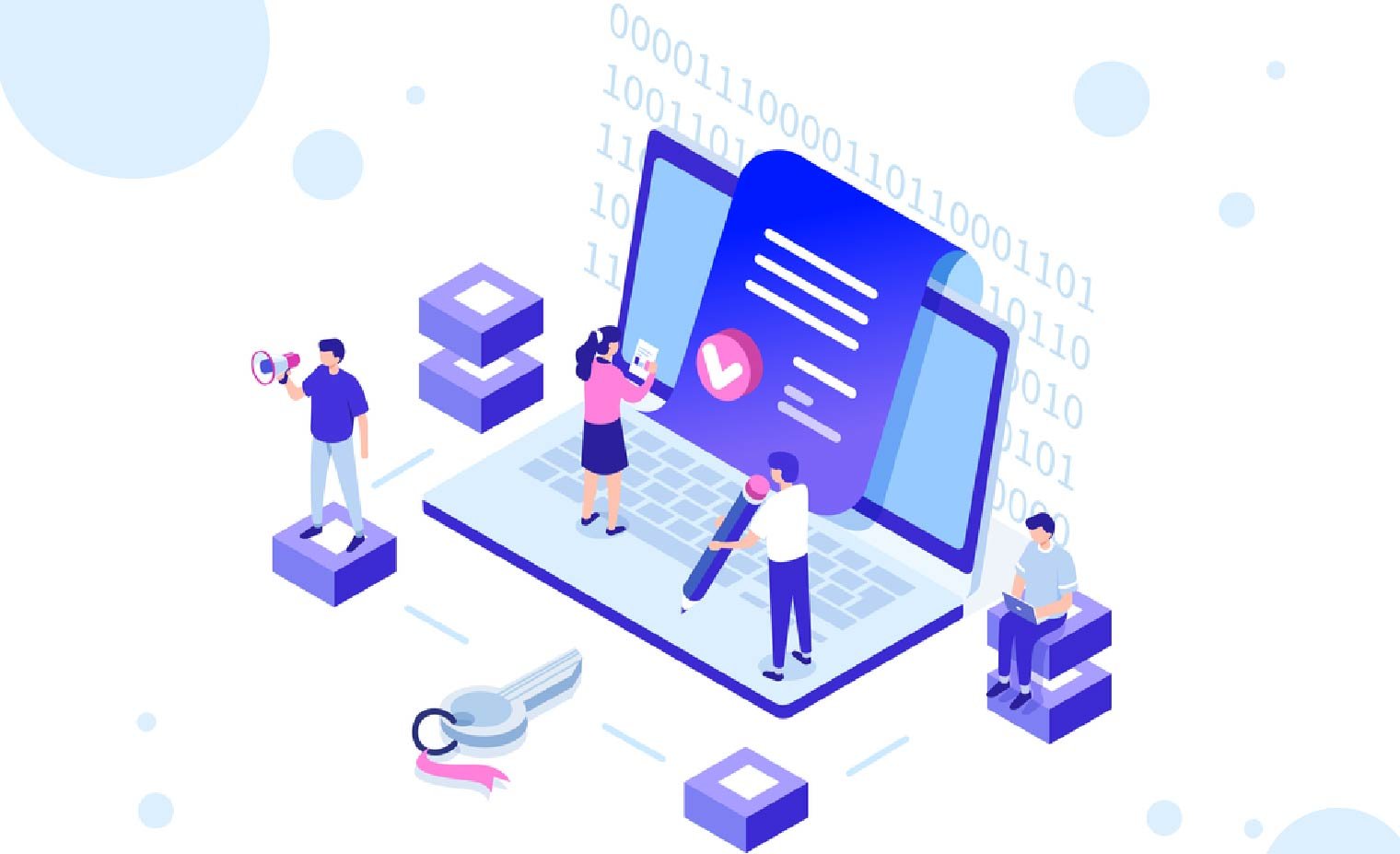In today’s technology-driven era, artificial intelligence (AI) is revolutionizing how businesses operate. Custom AI solutions tailored for specific organizational needs often involve intricate contracts between service providers and clients. These contracts outline key obligations, expectations, and rights. However, as the demand for custom AI grows, so does the risk of Custom AI Contract Violations, which can lead to legal disputes, financial losses, and reputational damage.
This article explores the concept of Custom AI Contract Violations, their implications, and actionable strategies to mitigate risks effectively.

What Are Custom AI Contract Violations?
Custom AI Contract Violations occur when either party involved in an AI agreement fails to uphold the terms and conditions outlined in the contract. These violations can arise from:
- Non-Delivery of Promised Features: The AI solution may not meet the promised specifications or functionality.
- Breach of Data Privacy: Using or exposing client data in ways not agreed upon.
- Licensing Issues: Unauthorized use or resale of the custom AI model.
- Negligence in Maintenance: Failure to provide post-deployment support as specified.
Such breaches highlight the criticality of drafting precise, legally binding agreements to protect both clients and AI developers.
Key Causes of Custom AI Contract Violations
Understanding the root causes of Custom AI Contract Violations is vital to address them effectively. Below are common reasons why such breaches occur:
1. Ambiguous Contract Terms
Contracts with vague or poorly defined clauses lead to misinterpretations, often causing disputes over deliverables or obligations.
2. Unrealistic Expectations
Clients may demand AI capabilities that are either technically unfeasible or beyond the developer’s scope, leading to inevitable shortfalls.
3. Inadequate Documentation
The lack of comprehensive documentation on model capabilities, limitations, and deployment procedures increases the likelihood of misunderstandings.
4. Data Mismanagement
Failure to define clear terms regarding data ownership, usage, and storage can result in unauthorized access or misuse of sensitive information.
5. Ethical Misalignment
In some cases, custom AI applications may inadvertently violate ethical principles or regulatory standards, leading to compliance issues.
Legal Implications of Custom AI Contract Violations
The repercussions of Custom AI Contract Violations extend beyond financial penalties. Some notable implications include:
- Litigation Costs: Disputes over violations may escalate to lengthy legal battles, draining both time and resources.
- Reputational Damage: Publicized breaches erode trust between AI providers and clients.
- Regulatory Penalties: Non-compliance with AI-specific laws, such as the EU’s AI Act or GDPR, can result in hefty fines.
- Operational Delays: Resolving contractual disputes can stall project timelines, affecting business continuity.
These outcomes underscore the importance of proactive measures to avoid such violations.
Also Read: Virtual Property Theft Legal Action
How to Address Custom AI Contract Violations
If a violation occurs, timely action is crucial to minimize damage. Below are steps for addressing Custom AI Contract Violations:
1. Review the Contract
Analyze the agreement thoroughly to pinpoint the violated clause. This helps in determining liability and formulating a response.
2. Open Communication Channels
Initiate discussions with the involved party to resolve misunderstandings or negotiate a resolution without escalating the matter legally.
3. Seek Mediation or Arbitration
If mutual resolution fails, third-party mediation or arbitration can offer a quicker, less costly alternative to court proceedings.
4. Pursue Legal Action
In cases of severe breaches, filing a lawsuit might be necessary to recover losses or enforce compliance.
5. Amend the Agreement
Post-resolution, revise the contract to prevent future disputes and include safeguards against similar breaches.
Preventing Custom AI Contract Violations
Prevention is always better than cure, and this holds true for Custom AI Contract Violations. Adopting a proactive approach can significantly reduce risks. Here’s how:
1. Draft Comprehensive Contracts
A well-crafted contract should cover all aspects of the AI solution, including deliverables, timelines, data usage policies, and post-deployment support.
2. Ensure Technical Feasibility
AI providers must evaluate whether client demands are achievable and communicate any constraints upfront.
3. Incorporate Clear Data Policies
Define data ownership rights, permissible usage, and security protocols explicitly to avoid conflicts.
4. Regular Compliance Audits
Conduct periodic audits to ensure adherence to regulatory standards and contractual terms.
5. Leverage Escrow Agreements
Consider using escrow services for custom AI deployments to safeguard both parties’ interests in case of disputes.
Case Studies: Real-World Custom AI Contract Violations
Case 1: A Retail AI Gone Wrong
A retailer contracted an AI provider for a personalized recommendation engine. However, the delivered solution failed to integrate with the existing CRM system, violating the contract. The retailer sought legal recourse, ultimately receiving compensation for their losses.
Case 2: Breach of Data Privacy in Healthcare
A healthcare provider accused its AI vendor of unauthorized data usage. Investigations revealed that patient data was used to train models for other clients, resulting in regulatory penalties and reputational damage for the vendor.
These examples highlight the high stakes associated with Custom AI Contract Violations.
The Future of Custom AI Contracts
With advancements in AI, contract complexity is expected to rise, necessitating robust governance frameworks. Emerging trends that can help mitigate Custom AI Contract Violations include:
- Smart Contracts: Leveraging blockchain technology to automate contract enforcement.
- Ethics Boards: Establishing AI ethics committees to oversee compliance with societal values.
- AI Governance Platforms: Tools to monitor and manage AI deployments in real time.
By embracing these innovations, businesses can create a more transparent and secure ecosystem for custom AI solutions.
Conclusion
The rapid adoption of AI has made custom solutions indispensable across industries. However, Custom AI Contract Violations pose significant risks that can derail projects and strain relationships between clients and developers. By understanding the causes, implications, and preventive measures, stakeholders can foster trust, ensure compliance, and unlock the full potential of AI without falling prey to contractual pitfalls.
Investing time in drafting clear contracts, maintaining open communication, and staying updated on legal standards will pave the way for successful AI collaborations. After all, the future of AI depends not just on technological innovation but also on building robust partnerships grounded in mutual accountability.

1 thought on “Custom AI Contract Violations: Understanding, Addressing, and Preventing Breaches”